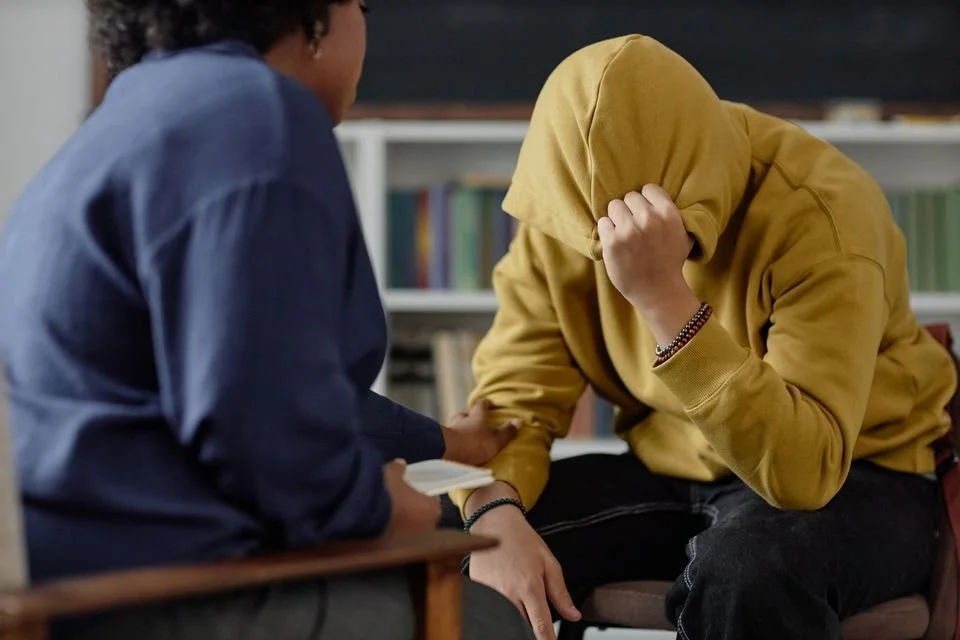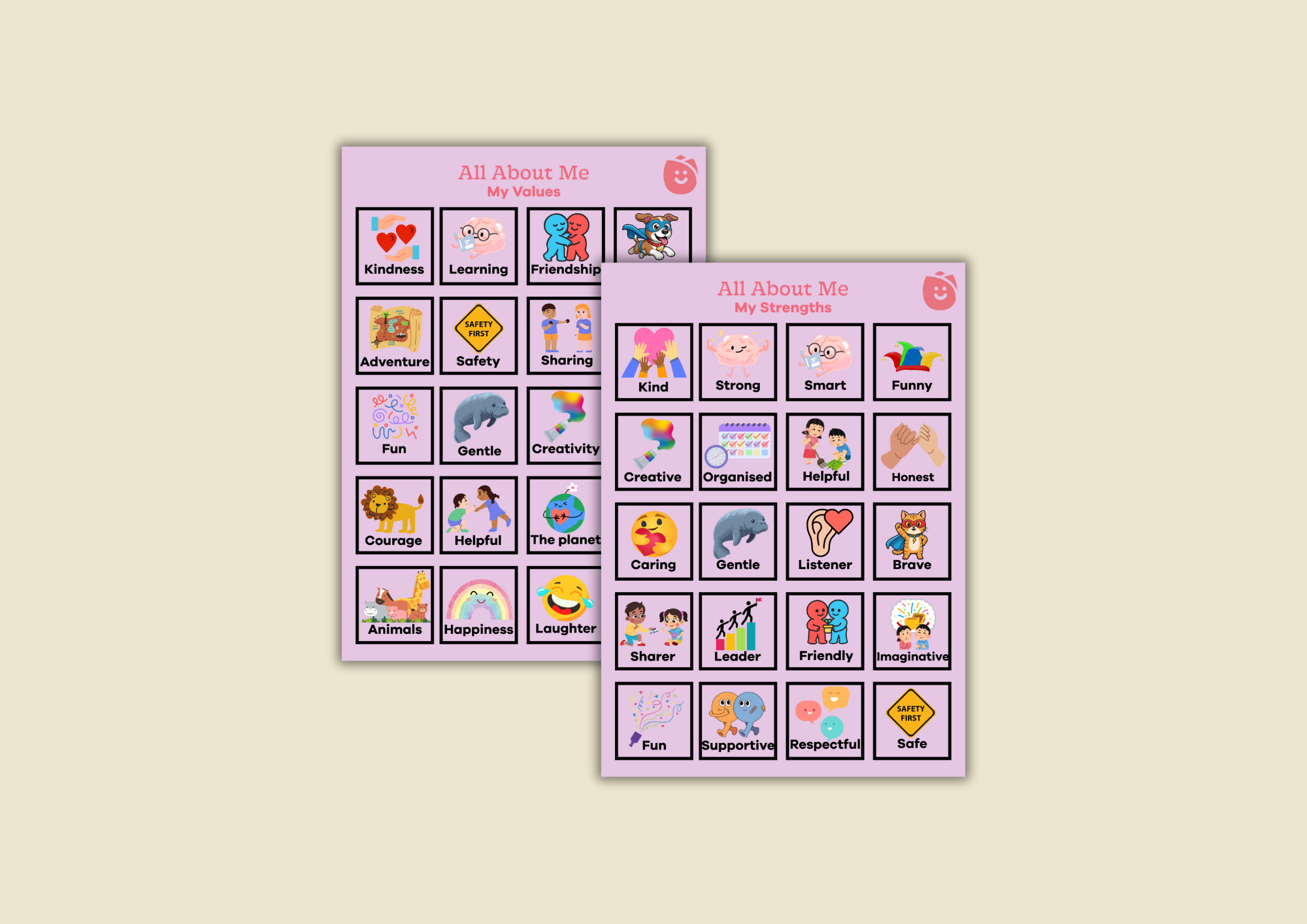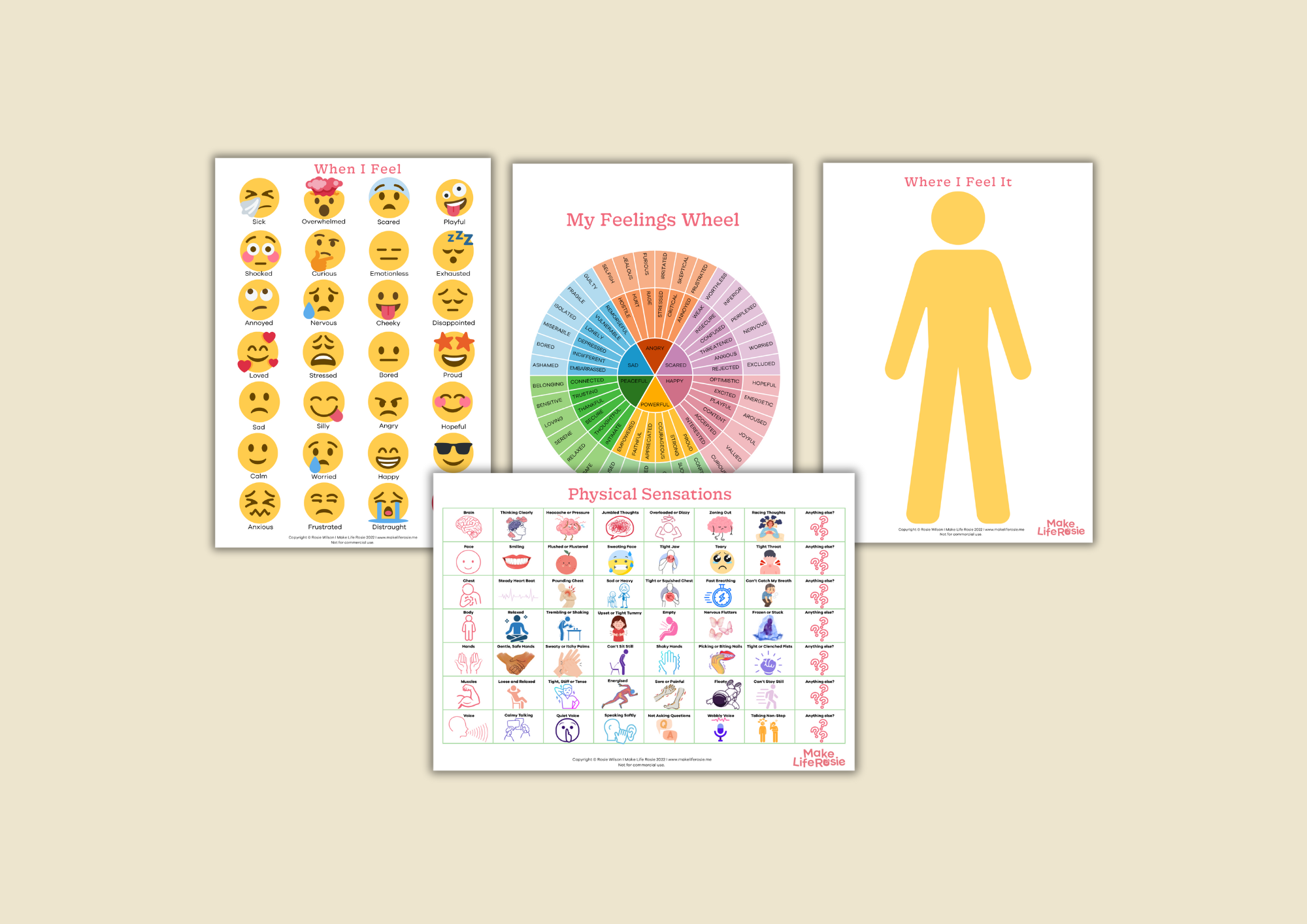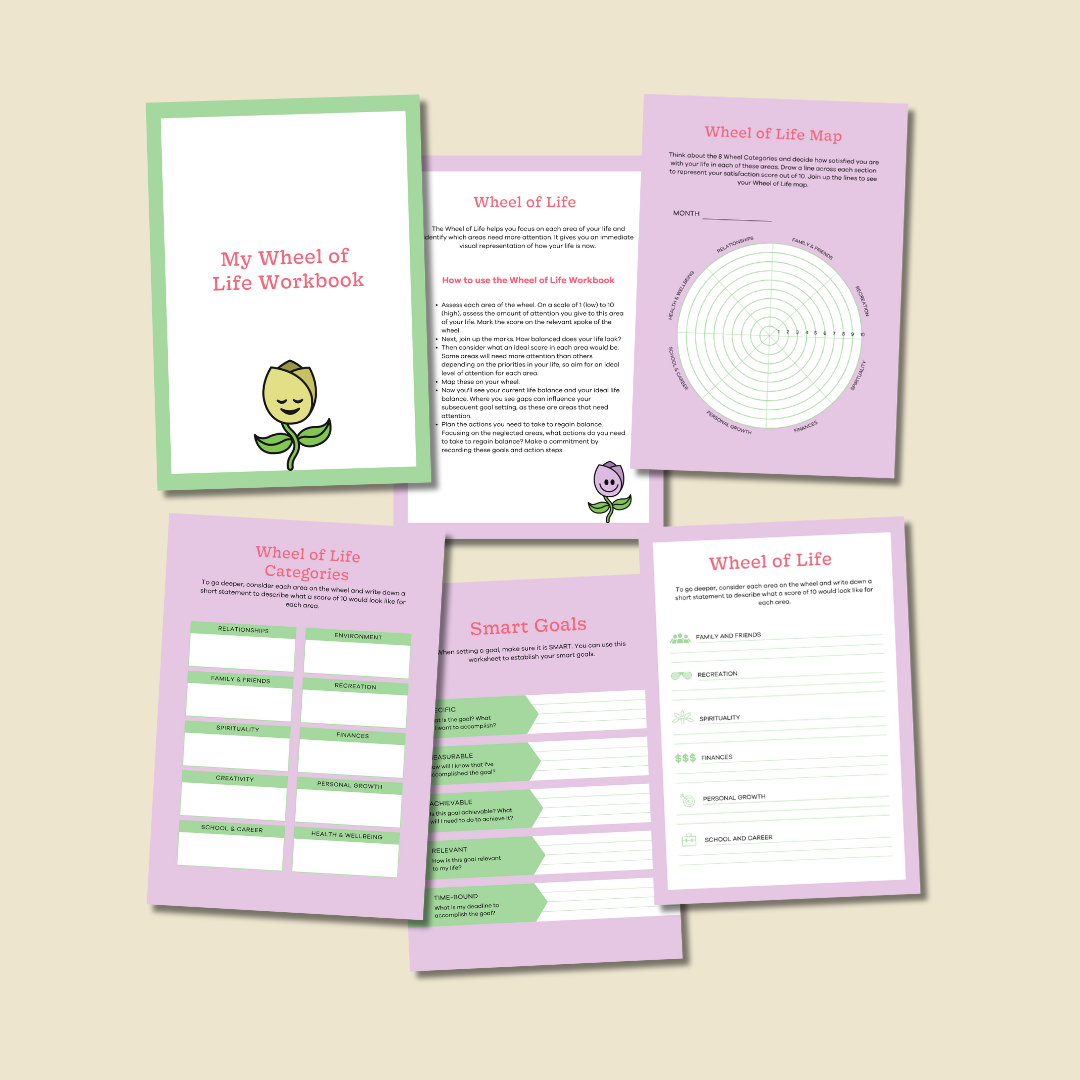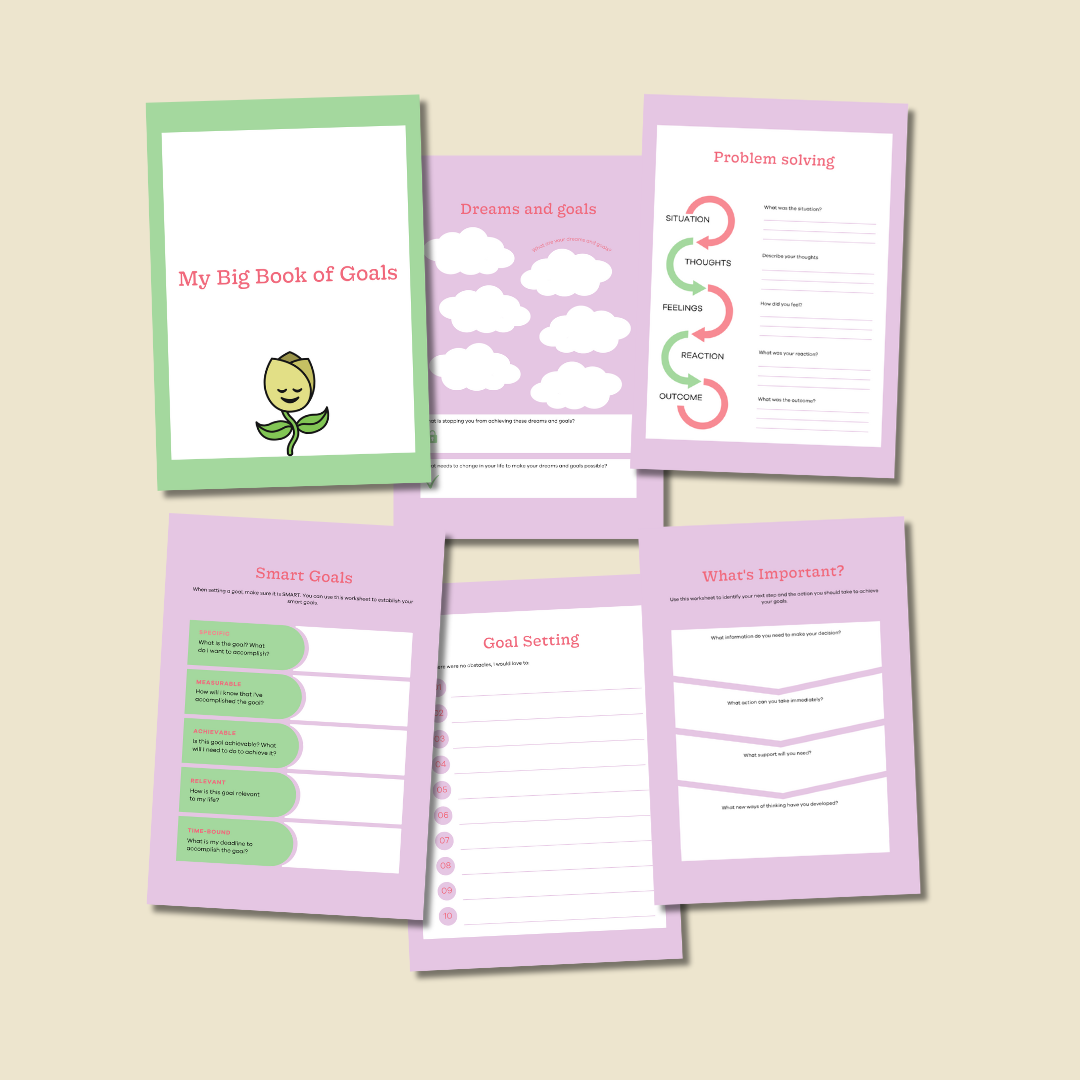Helping Kids and Teens Manage Emotions: A Guide for Parents and Caregivers
Life transitions and challenges can be overwhelming for anyone, but for kids and teens navigating developmental stages, these moments are even more complex. Their social and emotional needs are heightened, and their brains aren’t yet equipped with the tools adults use to cope. This makes them more vulnerable to the world around them.
In this post, we’ll explore why young people struggle with emotions, the importance of recognising feelings, and how to support them in developing healthy coping strategies. Let’s dive into this essential topic and discover practical ways to empower kids and teens to handle their emotions effectively.
Why Recognising Emotions Comes First 🤕
Young people often struggle to identify and process their emotions. Behaviours that adults may deem “inappropriate” are often the result of kids and teens not understanding what they’re feeling or how to express it safely. For example, a child might bite another child, or a teen might yell at a friend, without realising these actions stem from emotions like stress, frustration, or overwhelm.
Emotions are like internal teachers, they guide us in how to respond to different situations. The first step in managing emotions is recognising them. When young people learn to tune into their emotions and how they feel in their bodies, they can begin to process and respond in healthier ways. This is especially important for those who have experienced trauma or who display challenging behaviours.
💡 Helpful Resources
Why Do Kids and Teens Struggle With Emotions? 🤔
There are many reasons young people might find it challenging to understand and manage their emotions, including:
Stress: School, friendships, and life changes can be overwhelming.
Trauma: Past experiences can make it harder to process feelings.
Mental Health Concerns: Anxiety, depression, or ADHD can impact emotional regulation.
Loss of Social or Family Connections: Isolation or instability can lead to emotional challenges.
Bullying: Negative interactions with peers can affect self-esteem and confidence.
Young people may feel sad, lonely, or worried about their future. Sometimes, they might not even understand why they feel a certain way, and that’s okay. The key is helping them recognise and confront their emotions so that they can get the support they need.
💡 Helpful Resources
The Power of Confronting Emotions 💪
It’s human nature to experience a wide range of emotions, from anger and frustration to joy and gratitude. However, many people, adults and kids alike try to ignore or suppress “negative” feelings.
For young people, developing healthy coping strategies early on is crucial. This equips them with tools they can carry into adulthood. Supporting kids and teens in facing their emotions helps them build self-awareness and reduces the risk of escalation cycles.
💡 Engaging Worksheets to Support Emotional Awareness
For teens, journaling workbooks like The Feelings Wheel Workbook provide deeper opportunities for self-reflection and growth.
How to Help Kids and Teens Manage Emotions 🩷
Managing emotions starts with self-awareness and the development of coping strategies. Here are some ways you can support young people:
1. Focus on Feelings
Encourage kids and teens to check in with their emotions throughout the day. Whether they’re laughing with friends, listening to music, or working on homework, help them notice how these activities make them feel.
💡 Tip: Mindfulness tools can help young people recognise how emotions manifest in their bodies and minds.
2. Rate Emotions
Once they’ve identified their feelings, help them rate the intensity using tools like an emotion thermometer or a 1–10 scale. This helps them understand the impact of their emotions and builds awareness of escalation.
3. Share Emotions
Encourage open conversations about feelings. Having a trusted person to share with, whether it’s a parent, teacher, or friend, helps young people feel supported and validated.
Normalising All Emotions: There’s No Such Thing as “Bad” Feelings 🙅🏽♀️
Kids and teens will inevitably experience emotions like jealousy, anger, or shame. While these feelings are often labelled “negative,” they aren’t inherently bad. What matters is helping young people acknowledge their emotions without judgment.
Young people need the guidance of safe adults, parents, caregivers, teachers, or mental health professionals to normalise emotions and develop healthy coping strategies. By modelling acceptance and providing support, we can help them navigate even the toughest feelings.
💡 Reflection and Planning Resources
Final Thoughts: Supporting Young People on Their Emotional Journey 💭
Helping kids and teens manage their emotions is a powerful way to set them up for lifelong success. By teaching emotional awareness, providing tools for self-regulation, and offering unconditional support, you’re giving them the foundation they need to thrive.
I encourage you to explore the resources I’ve developed at Make Life Rosie to support this journey. If you’re looking for something specific, feel free to reach out via my contact page. Let’s continue the conversation about empowering young people together!
Rosie 🌹



